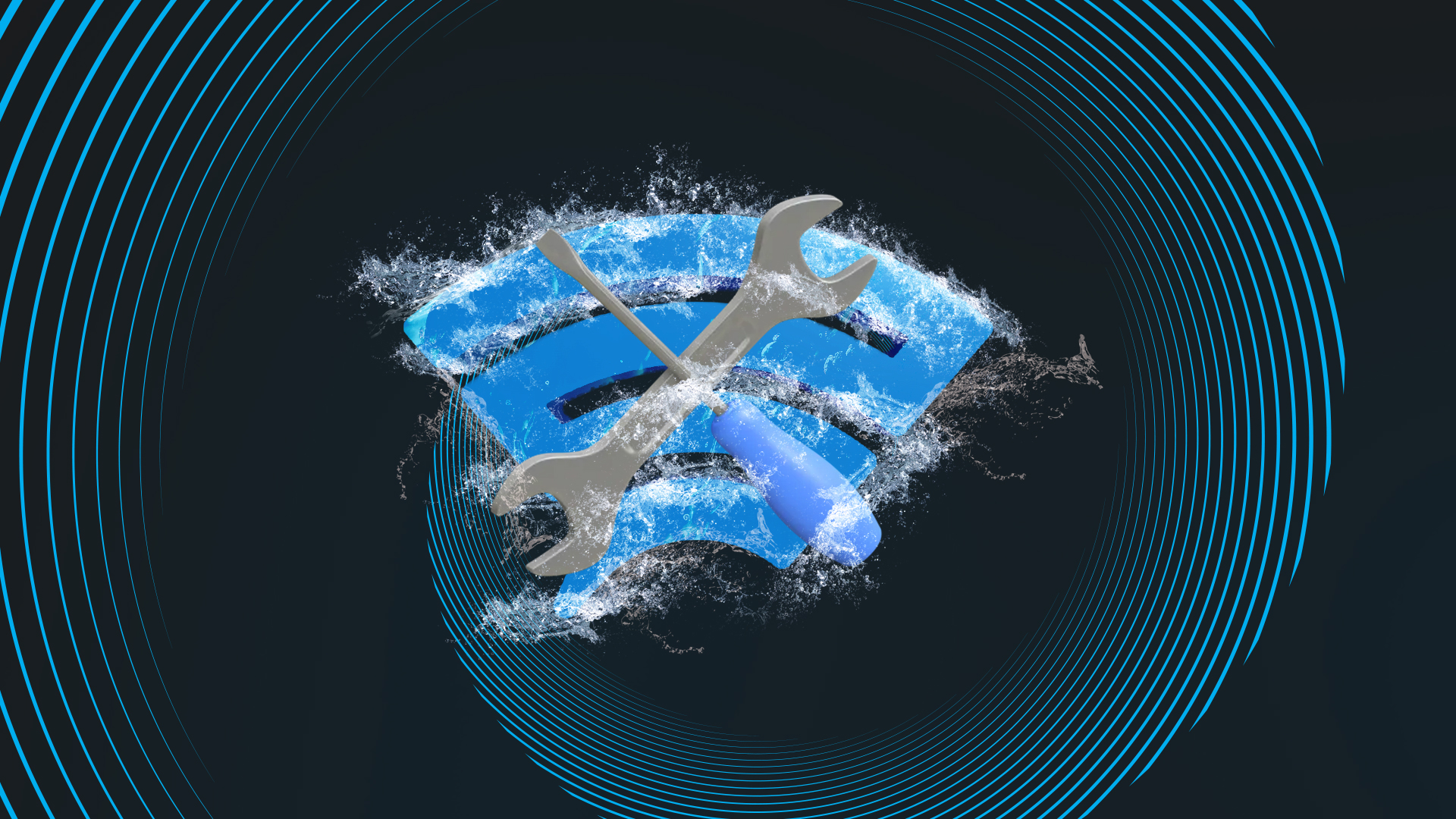Common Faults and Solutions in Water Pumps
Water pumps play a critical role in both industrial and domestic use. However, over time, these pumps can fail for various reasons. In this blog post, we will detail the common faults in water pumps and their solutions.
Why Do Water Pumps Fail?
There are many reasons why water pumps fail. The main reasons include incorrect installation, insufficient maintenance, excessive use, and manufacturing defects. Additionally, exposure to environmental factors, improper use, and poor water quality can also lead to failures. It is important to be aware of and address these factors to prevent and quickly fix malfunctions.
Here Are Some Common Faults and Their Solutions
Below you will find detailed information about some common faults encountered in water pumps and how to solve them:
Pump Not Working
-
- Electrical Connections: First, check the pump's electrical connections. The fuse or circuit breaker may have tripped. Check for any breaks or loose connections in the electrical cables.
- Switches and Controls: Check the pump's on/off switch and control panels. If the switch or control panel is faulty, it may need to be replaced.
- Motor: Check if the motor is working. If the motor is faulty, it may need to be repaired or replaced.
Low Pressure
- Filters: Check if the filters are clogged. Clogged filters can block water flow and reduce pressure. Clean or replace the filters.
- Suction Line: Check for air leaks in the suction line. Air leaks can prevent enough water from reaching the pump. Fix any air leaks.
- Worn Parts: Check if the pump parts are worn. Worn impellers or seals can reduce the pump's pressure. Replace any worn parts.
Noisy Operation
- Air Trapped: Air may be trapped inside the pump. Bleed the air from the pump to resolve this.
- Loose Parts: Check if any parts inside the pump are loose. Loose parts can cause vibration and noise. Tighten any loose parts.
- Bearings: Check if the pump bearings are worn. Worn bearings can cause noise. Replace the bearings.
Leaks
- Seals and O-Rings: Check the pump's seals and O-rings. These parts can wear out over time and cause leaks. Replace any worn seals and O-rings.
- Connections: Check if the pipe connections are tight. Loose connections can cause leaks. Tighten any loose connections or replace damaged parts.
- Pump Body: Check if the pump body is cracked or damaged. If the body is damaged, it may need to be repaired or replaced.
Overheating
- Cooling System: Check the pump's cooling system. Make sure the cooling fans or radiators are not blocked and clean them.
- Lubrication: Check if the pump is adequately lubricated. Lack of lubrication can increase friction and cause overheating. Lubricate as needed.
- High Pressure: Check if the pump is operating under excessive pressure. High pressure can cause the pump to overheat. Make the necessary adjustments to reduce the pressure.
Regular maintenance and inspections are crucial for the efficient and smooth operation of water pumps. The faults and solutions mentioned above will help extend the life and improve the efficiency of your water pumps. It may also be important to seek help from a professional technician in the event of any failure.
